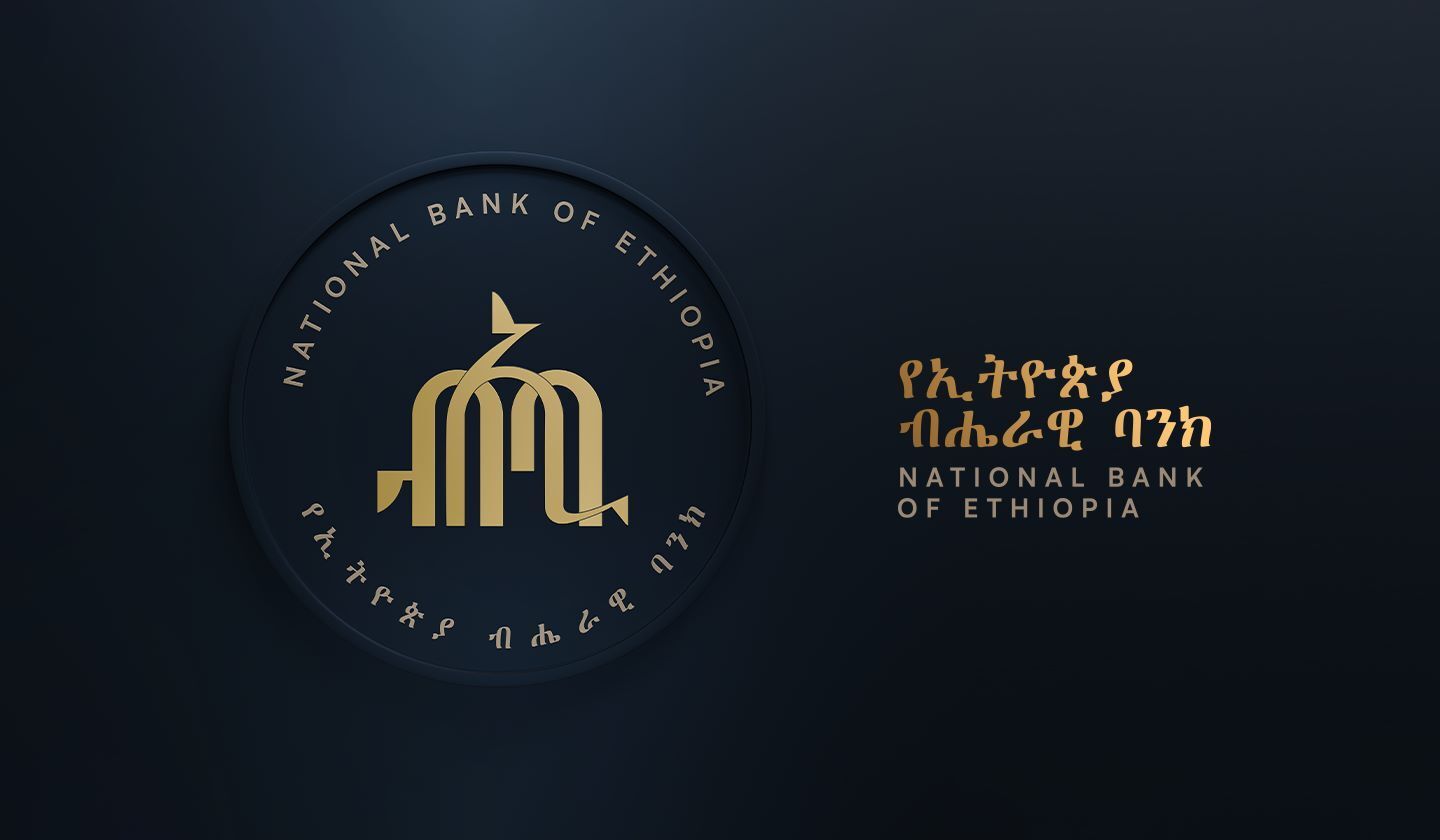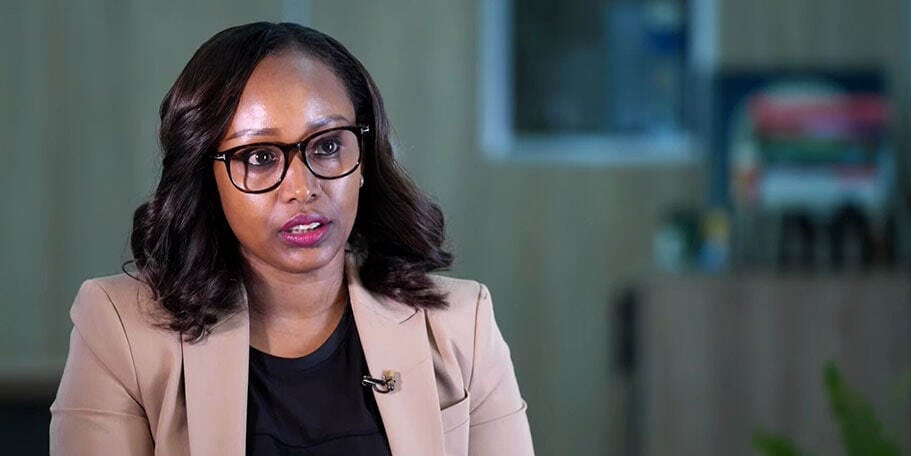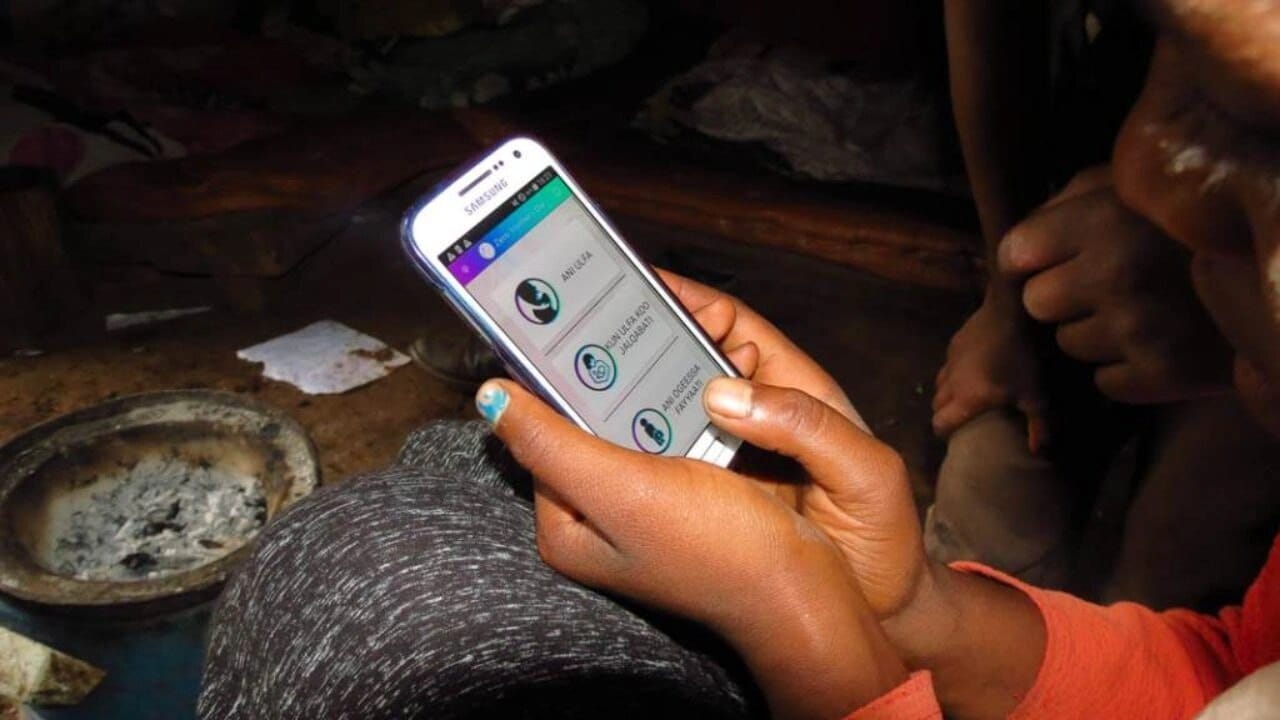
Top Stories of the Week
Credit Cap Nears Lift-Off
Ethio Telecom Plans to Enter African Markets
Ethiopia Among Top African Countries Significantly Affected by Illicit Financial Flows
Public Projects Register 300 Bn Birr in Cost Overruns in Three Years
Rethinking Siloed Phone Loan Schemes as a Path to Financial Inclusion in Ethiopia

For the past 5 years, Shega has worked to provide clear, contextual coverage of Ethiopia’s innovation economy. As the market has evolved, so have the needs of the people shaping it.
Decision-makers need more context, better data, and tools built for the complexity of Ethiopia’s market.
That’s why we’ve evolved. We’re entering a new chapter focused on delivering exactly that. Behind the scenes, we’ve been building something that goes further: a new way to help investors, founders, financial decision makers, program designers, market analysts, and policy advisors navigate what’s next.
Be the first to experience what’s coming next!
Credit Cap Nears Lift-Off
The National Bank of Ethiopia is preparing to lift its long-standing credit cap by September, unlocking 1.3 trillion Br in bank lending. The move, flagged by board member and State Minister of Finance Eyob Tekalegn (PhD), follows years of complaints from businesses that borrowing limits choked large-scale projects. Read more.
Dire Dawa Launches Cheche App, Integrating 500+ City Services
Dire Dawa has rolled out Cheche, a new digital platform that brings together 30 public institutions and offers more than 500 services.
The launch, attended by officials from the Ministry of Innovation & Technology, Cheche aims to reduce duplication across government systems and improve service delivery. Read more.
Ethio Telecom Plans to Enter African Markets

Ethio telecom has unveiled a new three-year strategy that aims to take the 131-year-old operator beyond Ethiopia’s borders.
The teleco giant, which earned a total of 331 billion Birr under its recently concluded Lead Growth initiative, announced the plan this morning at the Science Museum in Addis Ababa.
By 2028, the operator aims to serve 100 million customers and generate 842.3 billion Birr in revenue, indicating the scale of its ambitions both at home and in regional markets. Read more.
CBE to Adjust Selected Service Fees Starting this September
The Commercial Bank of Ethiopia will implement a new round of service fee adjustments at the end of September, affecting selected branch-based services. In the previous fiscal year, the bank revised charges across its mobile and digital banking platforms. Read more.
Ethiopia Among Top African Countries Significantly Affected by Illicit Financial Flows

Ethiopia stands out among African nations grappling with large-scale illicit financial flows (IFFs), according to a comprehensive AU report analyzing cumulative outflows from 1970 to 2008.
These IFFs, which consist of money illegally earned, transferred, or used, represent a significant drain on Africa’s economic resources, undermining development efforts and deepening poverty across the continent. Read more.
Ethiopia Ratified a Startup Law, Now Comes the Hard Part
Ethiopia’s first startup proclamation promises legal recognition, tax relief, and financing tools for early-stage ventures.
But as panelists at the CAWEE-KAS forum noted, definitions, institutional coordination, and enforcement will determine whether the law empowers startups or leaves them in limbo.
The journey from concept to codified legislation has been long and cumbersome. Recognition is the first step; startups and investors will watch closely for clarity, enforceable contracts, and streamlined institutions before committing. Read more.

Advertisement
Looking for a reliable, smooth, and future-proof smartphone?
The Newly Launched Samsung Galaxy A26 is built to keep up with your busy life, delivering Awesome Intelligence and a premium experience without breaking the bank.
Key Features:
•Powerful AI features, including Circle to Search and an improved camera
•6.7” AMOLED Display with 120Hz Refresh Rate
•5,000mAh Battery with all-day endurance
•Up to 6 Years of Android Updates
•Budget-friendly with premium features
📍 Available at these Ethio-telecom shops: Lebu, Bole Medhanialem, Bole Tele (in front of Sheger building), Churchill Enterprise, Churchill Premium, Arada
Get more out of your phone with the #GalaxyA26 and enjoy #AwesomeIntelligence every day.
What’s on Our Mind
Last week, the country’s Sovereign wealth fund, Ethiopian Investment Holdings (EIH), led by CEO Brook Taye, entered a staggering $2.5 billion agreement with Nigeria's Dangote Group to develop a mega urea fertilizer plant in Gode, Somali Regional State. With an expected capacity of 3 million metric tons per year, the facility is set to become one of the world’s five largest single-site urea production complexes.
For a country that spends roughly $1.2 billion annually on fertilizer imports and continues to grapple with food security, this investment could be a transformative structural intervention. Unlike past initiatives that treated symptoms rather than causes, the project directly addresses Ethiopia’s chronic reliance on external fertilizer supplies, aiming to bolster both agricultural productivity and economic sovereignty. It also seeks to ease the soaring cost of fertilizer, which has jumped from $31 per ton last year to $80 this year due to rising shipping expenses.
But Ethiopia’s fertilizer ambitions stretch back more than a decade. In 2012, the now reorganized state-owned military-industrial conglomerate MeTEC launched the Yayu Fertilizer Project, a massive initiative to extract coal and manufacture urea, a key component in fertilizer production. Mired in scandal, the project was shut down in 2017, but not before carving a hole in the forest and damaging its biodiversity.
In Ethiopia, the stakes are high. With agriculture employing nearly 64% of the workforce and contributing 79% of exports, the real test of this project will be whether it delivers tangible benefits to farmers, not just investors. The success of this initiative will ultimately depend not just on scale, but on governance, accountability, and how well it aligns with the needs of the people it is meant to serve.
Public Projects Register 300 Bn Birr in Cost Overruns in Three Years

State projects in power, irrigation, roads, and higher education requested close to 300 billion Birr in supplementary financing over a period of three and a half years, according to a new report from the Office of the Federal Auditor General.
The compliance audit report covering public project oversight and control systems under the Ministry of Planning and Development between 2021 and midway through the last fiscal year highlighted repeated requests for additional financing, excessive allocation, and cases where disbursed funds were not utilized for their intended purposes. Read more.
Hundreds of Private Colleges in Ethiopia at Risk Over Quality Standards
Inspections by the Federal Training and Education Authority revealed that most colleges failed to meet the more than 500 indicators required for re-registration. Of the 375 colleges expected to apply, only 290 advanced to full review, and just three institutions fully met the minimum requirements after two rounds of assessment. Read more.
Rethinking Siloed Phone Loan Schemes as a Path to Financial Inclusion in Ethiopia

Phone loan schemes in Ethiopia may accelerate smartphone penetration, but without reliable electricity, connectivity, and digital literacy, they risk falling short of true financial inclusion.
The more sustainable path? Bundling energy, connectivity, and finance through PAYG models, an integrated approach is already showing results in Kenya, Uganda, and Ethiopia’s own pilots.
Financial inclusion should not be reduced to distributing devices or fintech apps. It is a development priority, on par with electricity, water, and health systems. Read more.
Businesses Face New Quarterly Tax Rules
The Ministry of Finance introduced a new system requiring taxpayers to pay 25pc of annual taxes every three months. The first installment, due August 2025, covers income from January to March, with subsequent payments each quarter. Read more.

Advertisement
YaYa Wallet’s New Remittance Service Connects Ethiopian Families Across Borders with Ease
YaYa Wallet has introduced an International Inward Remittance Service, further growing its digital payments portfolio.
The launch comes alongside the release of YaYa Wallet 2.0, the enhanced mobile application now available to all customers, and enables global remittance to all Ethiopian banks and microfinance institutions.
In celebration of the upcoming Ethiopian holidays, a special bonus of 6% is offered on every foreign currency transfer made through YaYa Wallet until October 10, 2025. Read more.
Prominent Law Firm Unveils Legal Talent Cloud & Matching Platform
Ethio Legal Shield, an Addis Abeba-based law firm, has launched its Legal Talent Cloud & Matching Platform on August 26, 2025, in the capital.
Developed in partnership with Gebeya Inc., the platform connects legal professionals with clients, aiming to expand access to legal talent and services across Ethiopia. Read more.
Suweys Motors to Launch Electric Vehicle Assembly Plant in Jigjiga, Ethiopia
Suweys Motors, an automotive assembly company based in Jigjiga, has begun producing hybrid electric vehicles (HEVs) on order.
Established in 2023, the company manages both completely knocked down (CKD) and semi-knocked down (SKD) operations, assembling models including Jetour, Suzuki Desire, Hyundai, Toyota, and TATA. Read more.
Heads Up: What’s Coming & What to Catch
From Our Bookmarks